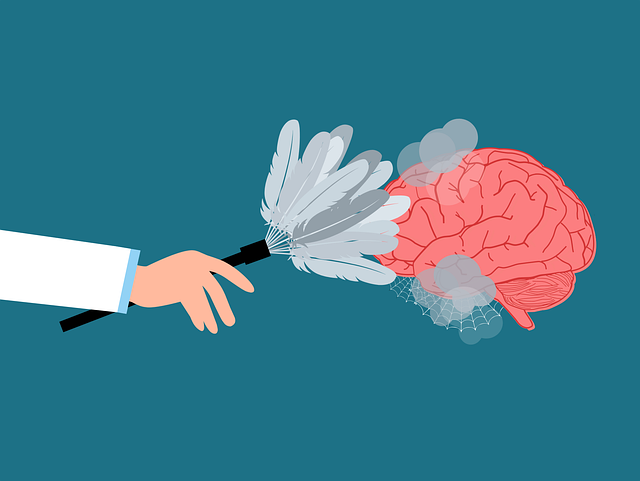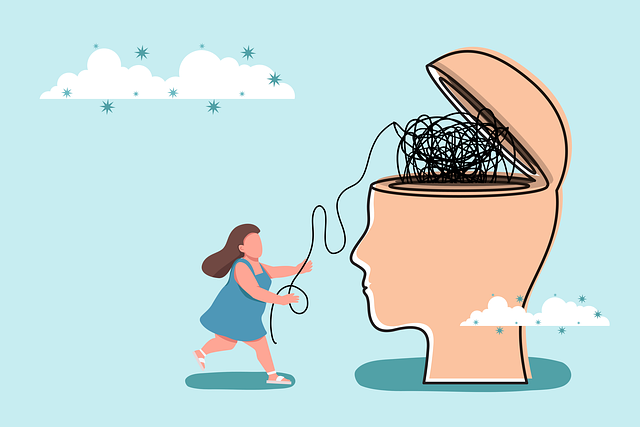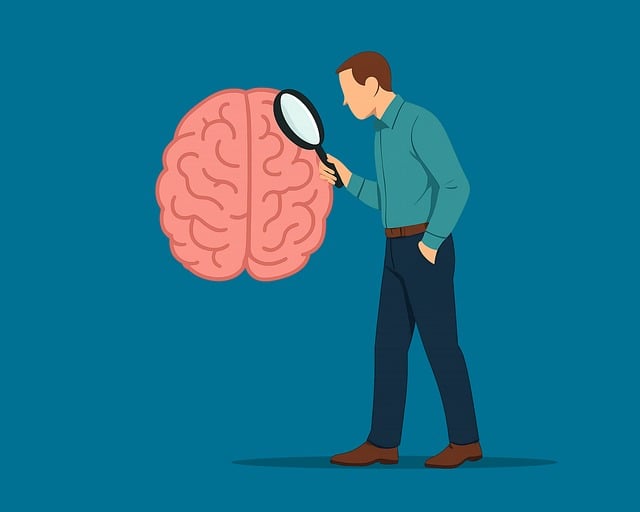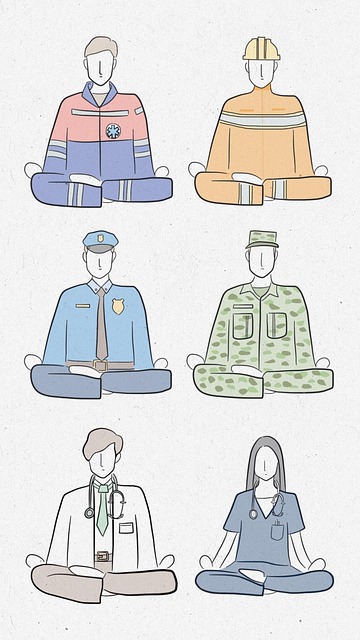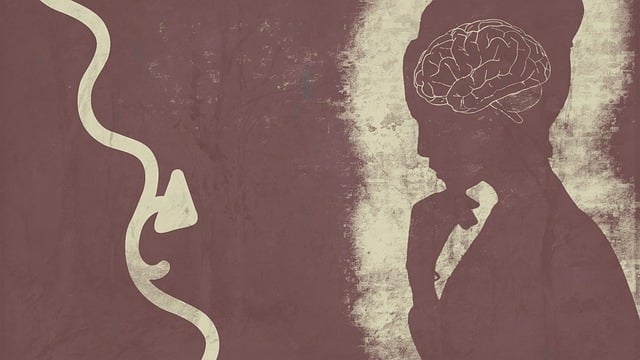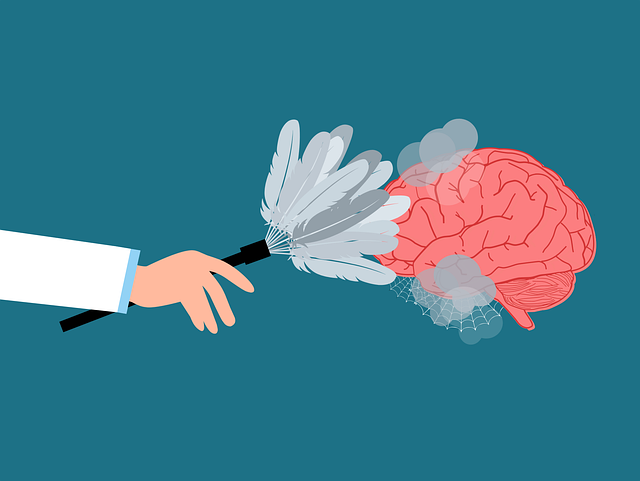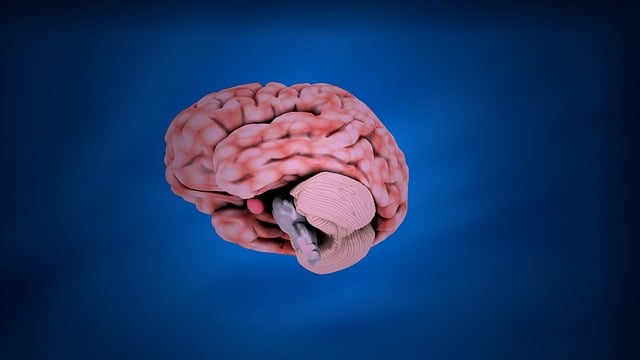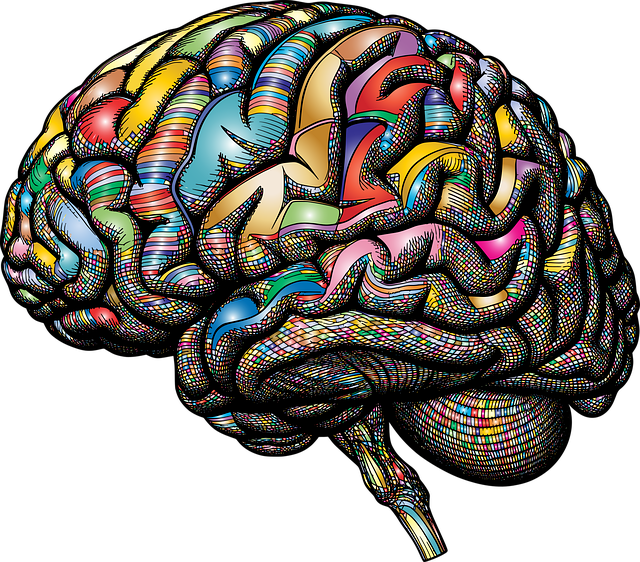Centennial Panic Disorder (CPD) is a debilitating mental health condition characterized by frequent panic attacks. Effective management requires a multi-pronged approach, with therapy playing a central role. Techniques like deep breathing, mindfulness meditation, progressive muscle relaxation, and journaling help individuals cope and reduce anxiety triggers. Hotline support services provide immediate assistance, confidential distress expression, and tailored coping strategies for CPD and anxiety attacks, especially during crises. Therapists act as guiding lights, offering evidence-based practices, active listening, and non-judgmental support to enhance self-awareness and build resilience. Mental health hotlines serve as vital resources, accessible through simple numbers, offering therapy-like support with cognitive-behavioral techniques and mindfulness exercises to foster open communication and crisis management.
In today’s fast-paced world, mental health crises can strike at any moment, leaving individuals feeling overwhelmed and isolated. Hotline support services play a pivotal role in providing immediate assistance during these challenging times. This article delves into the critical function of crisis intervention hotlines, particularly focusing on Centennial Panic Disorder and Anxiety Attacks. We explore how therapists guide individuals through these crises, offering strategies for personal well-being. Understanding the impact of these disorders is key to leveraging hotline resources effectively.
- Understanding Centennial Panic Disorder and Anxiety Attacks
- The Role of Hotline Support Services in Crisis Intervention
- How Therapists Assist Individuals During Mental Health Crises
- Accessing and Utilizing Hotlines for Personal Well-being
Understanding Centennial Panic Disorder and Anxiety Attacks

Centennial Panic Disorder (CPD) is a specific type of anxiety disorder characterized by recurring and unexpected panic attacks, often accompanied by intense fear or discomfort. These attacks can be triggered by various stimuli, but for individuals with CPD, they may occur seemingly at random, leaving them feeling helpless and afraid. Understanding CPD is the first step towards managing it effectively. Therapy plays a pivotal role in treating this condition, helping individuals develop strategies to cope with panic attacks and reduce their frequency.
Anxiety relief techniques such as deep breathing exercises, mindfulness meditation, and progressive muscle relaxation can be powerful tools. Additionally, maintaining a mental wellness journal can offer valuable insights into triggers and provide a space for emotional expression. Regular journaling practice, coupled with therapy sessions, offers guidance in managing symptoms and building confidence in one’s ability to navigate panic disorders. This combination of therapeutic approaches empowers individuals to take control of their mental health journey.
The Role of Hotline Support Services in Crisis Intervention

Hotline support services play a pivotal role in crisis intervention, offering immediate assistance and guidance during intense mental health episodes. They serve as a vital safety net for individuals experiencing acute distress, providing a confidential space to express their concerns. Trained professionals on these hotlines are equipped with the knowledge and skills to assess situations, offer coping strategies, and connect callers to appropriate resources, including therapy services tailored to specific needs like Centennial Panic Disorder and Anxiety Attacks.
These services are particularly crucial for those facing burnout or struggling with emotional healing processes. By providing a listening ear and practical support, hotlines can help individuals navigate their crises, prevent escalation, and initiate the journey towards mental wellness. They offer a sense of relief, reassurance, and empowerment, enabling people to take that first step toward seeking professional therapy and managing their conditions effectively.
How Therapists Assist Individuals During Mental Health Crises

During mental health crises, therapists play a pivotal role in providing immediate support and guidance to individuals grappling with intense emotions and thoughts. Through active listening, therapists create a safe space for clients to express their feelings, fears, and experiences without judgment. This non-judgmental approach is especially crucial for those suffering from conditions like Centennial Panic Disorder, where anxiety attacks can be debilitating and recurrent. Therapists help individuals identify triggers, learn coping mechanisms, and develop strategies to manage crises effectively. They offer a range of evidence-based therapies tailored to the specific needs of each client, focusing on addressing underlying causes rather than merely treating symptoms.
Beyond direct crisis intervention, therapists facilitate self-awareness by exploring personal history, relationships, and lifestyle factors that may contribute to mental health challenges. This introspective process empowers individuals to take charge of their well-being. Additionally, therapists equipped with cultural competency training can provide sensitive support, recognizing the impact of cultural background on mental health experiences. By incorporating Mental Health Awareness into their practice and focusing on Self-Esteem Improvement, therapists enable clients to build resilience and foster a positive self-image, which are essential for long-term mental health management.
Accessing and Utilizing Hotlines for Personal Well-being

Accessing hotlines dedicated to mental health crisis support is a significant step towards prioritizing personal well-being. These services offer immediate assistance and a safe space for individuals experiencing distress, including those suffering from anxiety attacks and panic disorders. Many hotline services are designed with a simple, easy-to-remember number, ensuring that help is just a phone call away. When reaching out, it’s beneficial to be prepared by jotting down feelings, triggers, and any previous strategies that have helped manage similar situations. This information can assist the trained professionals in providing tailored support.
Utilizing hotlines can facilitate access to therapy-like support without the need for face-to-face appointments, especially valuable for those who may feel hesitant or unable to attend in-person sessions. These services often employ strategies like cognitive-behavioral techniques and mindfulness exercises to help manage symptoms of anxiety and panic disorders. Moreover, they can guide individuals towards building resilience, a crucial aspect of self-care routine development for better mental health. The anonymity and non-judgmental nature of hotlines also encourage open communication, fostering a better understanding of one’s emotional state.
In addressing mental health crises, hotline support services play a vital role in providing immediate assistance and guidance. The article has explored various aspects of these critical resources, including their effectiveness in managing conditions like Centennial Panic Disorder and Anxiety Attacks. Through therapy and crisis intervention, hotlines offer a safe space for individuals to seek help and navigate challenging situations. By utilizing these services, people can access much-needed support, gain valuable insights, and take proactive steps towards better mental well-being.
